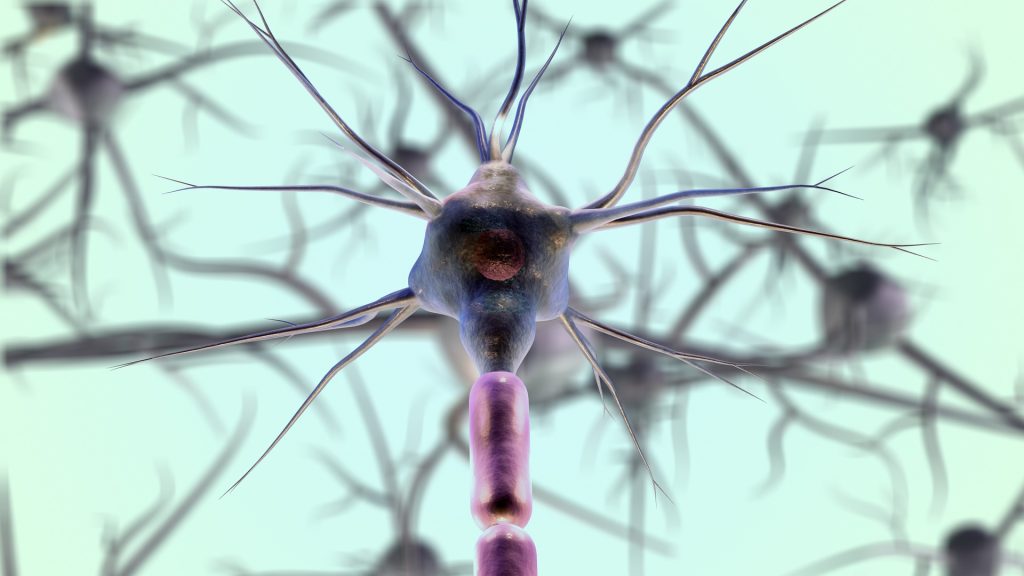
The sun, a cosmic ball of energy, has been revered by civilizations throughout history for its life-giving properties. Beyond its aesthetic appeal, sunlight provides a myriad of benefits for our physical and mental well-being. In this modern age, where technological advancements often keep us indoors, it is crucial to understand and appreciate the positive impact of sunrays on our health.

- Vitamin D Synthesis:
The synthesis of vitamin D in our skin is one of the most well-known benefits of sun rays. When exposed to sunlight, our skin produces vitamin D, a crucial nutrient that plays a vital role in maintaining bone health, regulating the immune system, and preventing various chronic diseases. In regions with limited sunlight, individuals often face vitamin D deficiencies, leading to health issues. Regular, moderate sun exposure can help combat this deficiency, promoting overall well-being.
- Mood Enhancement:
Sunlight has a profound impact on our mood and mental health. Serotonin, a neurotransmitter responsible for promoting feelings of happiness and well-being, production can be stimulated by exposure to natural light. This is why people often experience a boost in mood on sunny days. Additionally, sunlight triggers the release of melatonin, a hormone that helps regulate sleep patterns, promoting better sleep quality and overall mental health.

- Improved Sleep Quality:
Sunlight exposure during the day is closely linked to the quality of sleep we experience at night. Exposure to natural light helps regulate our circadian rhythm, the internal body clock that governs our sleep-wake cycle. By getting an adequate amount of sunlight during the day, our bodies are better able to distinguish between day and night, leading to more restful and rejuvenating sleep.

- Enhanced Cognitive Function:
Research suggests that exposure to sunlight can have positive effects on cognitive function and mental clarity. Sunlight stimulates the production of brain-derived neurotrophic factor (BDNF), a protein that supports the growth and maintenance of nerve cells. Increased levels of BDNF have been associated with improved memory, enhanced cognitive performance, and a reduced risk of neurodegenerative diseases.
- Boosted Immune System:
Sunlight exposure has been linked to a strengthened immune system. The ultraviolet B (UVB) rays in sunlight stimulate the production of antimicrobial peptides on the skin, providing a natural defense against various infections. Adequate vitamin D levels, a result of sun exposure, also play a crucial role in supporting immune function. By basking in the sun’s rays, we fortify our immune system and improve our resilience to illnesses.

- Skin Health:
While excessive sun exposure can be harmful to the skin, moderate amounts of sunlight offer benefits for skin health. Certain skin conditions such as psoriasis, eczema, and acne can be alleviated with the help of sunlight. The ultraviolet (UV) rays present in sunlight have antimicrobial properties that can be beneficial for treating certain skin disorders. However, it is essential to strike a balance and practice sun safety to prevent harmful effects such as sunburn and premature aging.

- Natural Source of Energy:
Sunlight is a clean and sustainable source of energy. Beyond its health benefits, harnessing solar energy for power generation reduces reliance on non-renewable resources and minimizes environmental impact. Solar power is an eco-friendly alternative that contributes to a more sustainable and greener future.
Conclusion:
In a world dominated by technology and indoor lifestyles, it is crucial to recognize and embrace the numerous benefits that sunrays offer. From the synthesis of essential nutrients like vitamin D to the positive impact on mental health, sunlight plays a pivotal role in promoting overall well-being. As we navigate the challenges of modern living, let us not forget the radiant path to health and vitality that the sun graciously provides. Balancing sun exposure with sun safety measures allows us to harness the power of sunlight and bask in its countless benefits for a healthier and happier life.







